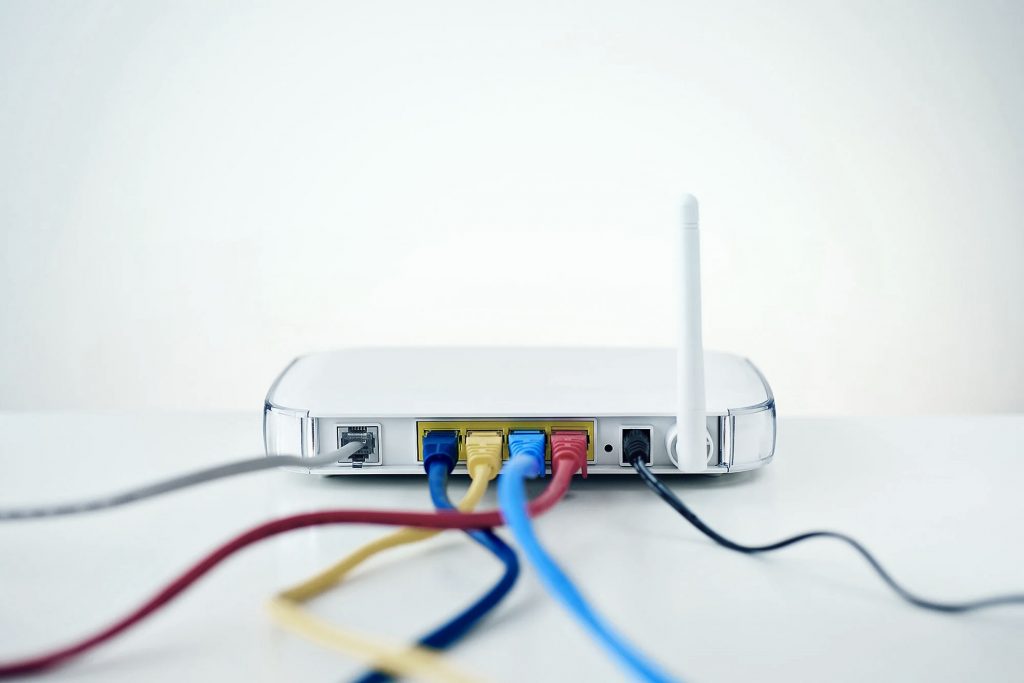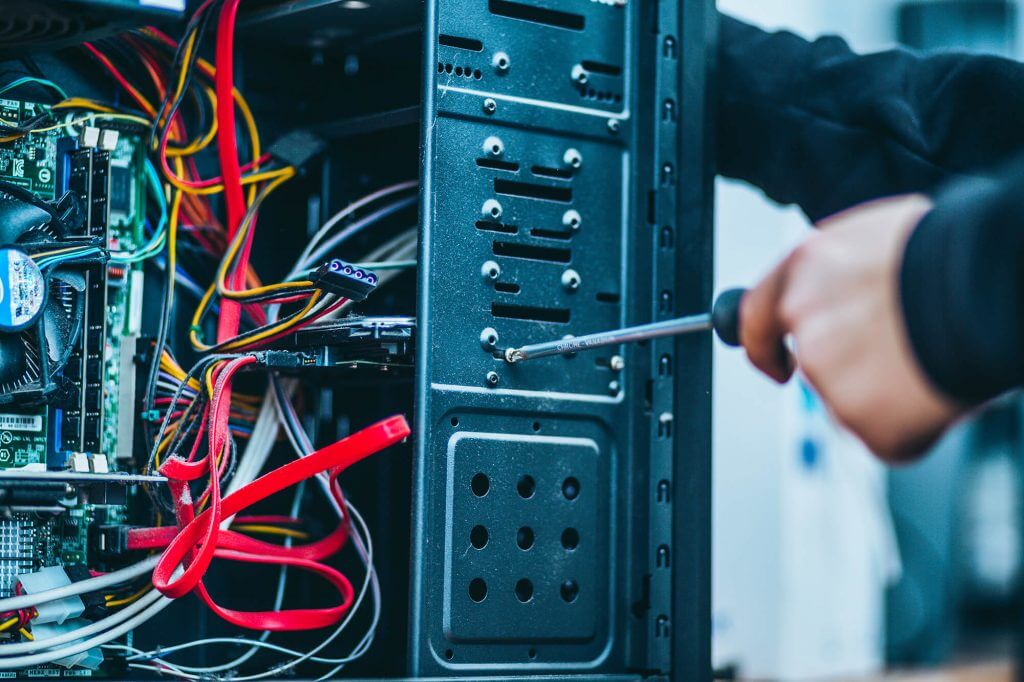With almost half of us doing our shopping online and 7 out of 10 people now using online banking, it’s important to know your home WiFi connection is secure. Whilst the internet allows us to be more flexible and productive, unfortunately, it can also be a playground for malicious intent.
Through an unsecured network, financial transactions can be read as clear as text.
Your home WiFi network supports every device in your home; PCs, laptops, smartphones, tablets and even smart speakers. A small vulnerability in your home WiFi could leave the door open to cyber criminals, giving them access to your bank accounts, credit cards, personal data, and even jeopardising your child’s safety.
That’s not to say you should fear the internet; following these 7 simple tips can help secure your home WiFi and protect you and your family from cyber crime.
#1 Give Your Home WiFi A Name
Your router will already have a default name (SSID or Service Set Identifier). Typically, this will be the same name as the manufacturer which means all routers of that brand will have the same blanket SSID. Updating this not only avoids neighbouring houses connecting to the wrong router in error but also shows any potential attackers that you pay attention to your WiFi set-up and security, making you less of an appealing target.
Tip: Don’t use anything too personal to you or your family.
#2 Make Your Home WiFi Password A Good One
Just like with the SSID, most routers come with a pre-set default password. This is likely to be a commonly used password, and perhaps default for all routers from the same manufacturer – it could take a good hacker only moments to figure it out and gain access. You should change your password as a matter of urgency – aim for 20 characters and include numbers, letters and symbols to make it as difficult as possible for hackers to guess.
Tip: Using numbers to represent letters can make for a strong yet memorable password.
#3 Enable Your Home WiFi Network Encryption
It’s likely your WiFi router has an encryption feature – most do – but by default, it is likely to be switched off. Enabling your encryption as soon as possible is one of the most important steps to securing your WiFi network. It acts as an additional layer to your password security and means an attacker needs to know your encryption type as well as password before they can even try to hack your network.
Tip: The differing types of encryption vary in their effectiveness. WEP is weak; if you are using this you should consider changing to WPA2 which currently offers the best protection for home WiFi networks.
#4 Keep Shtum
Although we strongly advise you change your router name, you should also consider disabling your network name broadcasting to the general public. This will mean when anyone searches for a wireless network in your area, yours won’t even appear, reducing your chances of becoming a cyber attack target significantly.
Tip: Network name broadcasting is useful for businesses, hotels, restaurants, etc. offering a public WiFi service, but not necessary for a personal wireless network.
#5 Are You Up To Date?
Just like any software, your router’s firmware can become outdated; flaws that may be causing major vulnerabilities can become apparent to the manufacturer which will prompt them to release an update containing fixes. All routers are different, but you will usually be able to source any available updates from the download page on the manufacturer’s website.
Tip: Make an annual note in your diary to check for available updates for your home WiFi router.
#6 Be Sure To Have A Good Firewall
See a firewall as your personal doorman, watching over your systems for any malicious attempts to access your home WiFi network – it’s essential to have one. ISP (Internet Service Provider) supplied routers tend not to have any in-built firewall protection but many off-the-shelf routers do. However, they are usually supplied with the firewall disabled so be sure to enable it.
Tip: If your router doesn’t have a built-in firewall, you should install a good firewall solution on your network.
#7 Don’t Overlook The Admin Password
In addition to the user password for your WiFi connection, there is an admin password used to access the router itself which many people overlook. If this is left as default, it can pose a huge security risk.
Tip: From your router admin dashboard you can view and change the admin password – make it a priority!
Whether in business or at home, cyber awareness is essential for all of us; not just the IT team in the office, but all staff; not just the grownups in the household, but the whole family.
At Jupiter IT, we’re committed to raising awareness of cyber crime; its motivation and its impact. We hold the prestigious Cyber Essential Plus certification; we are experts in this standard and can help you become Cyber Essential accredited too. You can read more about the benefits of being Cyber Essential certified and how we can help you get there.
And don’t forget, if you have a Jupiter IT support contract, we can provide you and your staff with free, content-rich, cyber security training that will benefit them not only in their work environment but help raise their awareness at home too – give us a call today to arrange your free training session.







